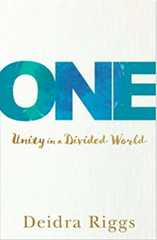Someday, I’ll tell you about a conversation that I had with Deidra Riggs in a lobster fish house somewhere in the Carolinas — a conversation that was one of the most powerful of my life. I leaned forward at the end of a full table and asked: “Deidra? If you feel safe sharing — what is it like to be a black woman in this community of white women?” And Deidra didn’t shrink back from my awkward question — and she has become a national voice and bridge builder in answering that exact question for a whole generation. Time and again — Deidra has proved a prophet and a peacemaker. It’s a humble grace to welcome Deidra to the farm’s front porch today….
One day not too long ago, a woman from our church was working in a kitchen. A pot of soup simmered on the stove, and as the soup simmered, this woman held a bowl just above the pot.
She’d done this before, hoping to minimize the risk of soup dripping across the stovetop as she ladled it from the pot into the waiting bowl.
But this time, the bowl slipped from her hand and landed in the pot of simmering soup.
When the bowl connected with the hot liquid in the pot, the bowl exploded, sending extremely hot soup flying in every direction.
Much of the hot soup landed on the woman’s arm and face, with disastrous results. Suffering from third degree burns, the woman was rushed to a hospital, where medical experts tended to her injuries.
Thermal Shock
The phenomenon that causes glass to break when subjected to a sudden change in temperature is called thermal shock. When glass is heated unevenly, the hot glass expands. The unheated glass remains the same. As a result of the uneven expansion, the glass undergoes a great amount of stress.
This stress often results in broken glass.
My grandfather taught me about this when I was a teenager.
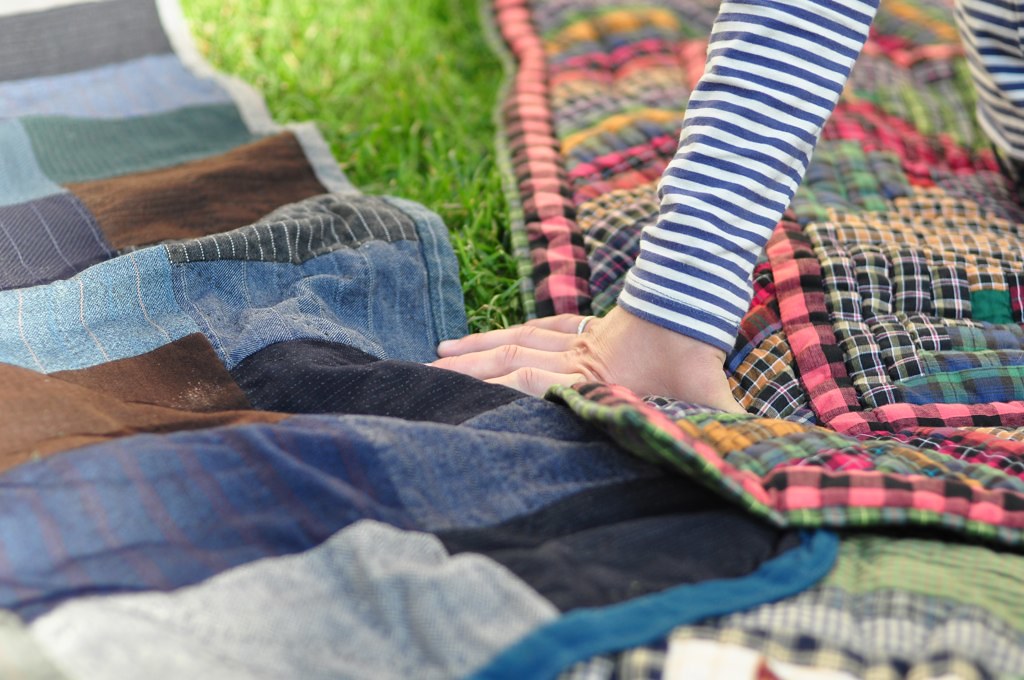

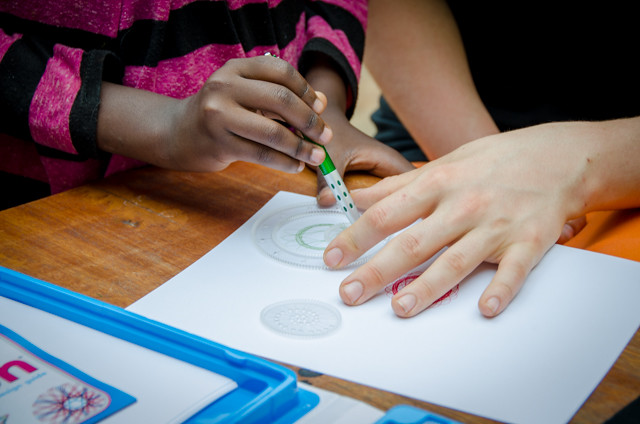
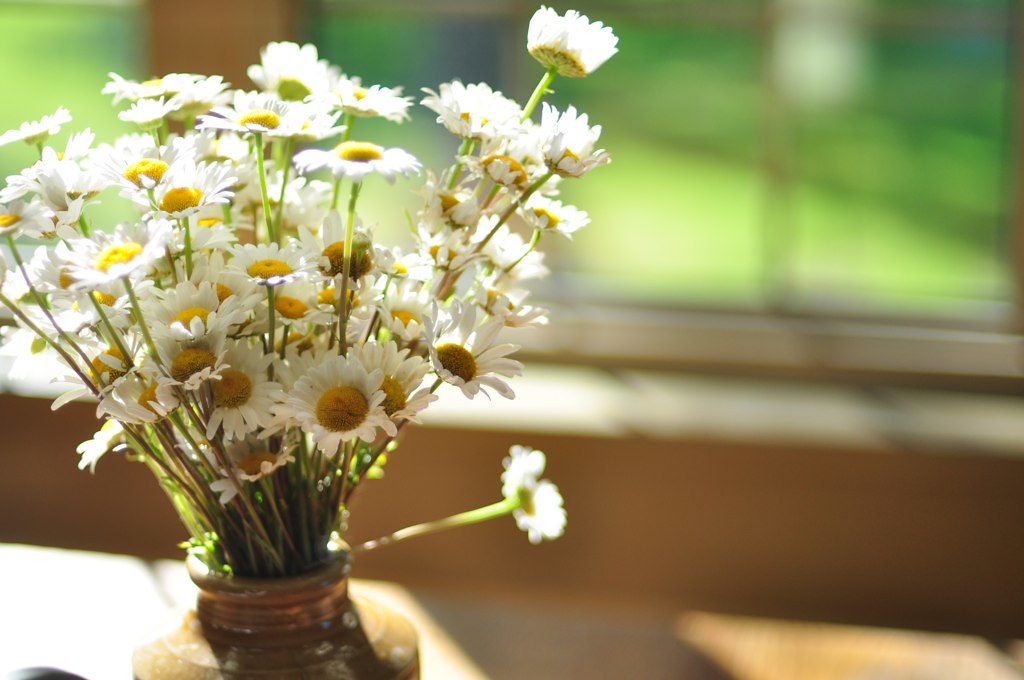

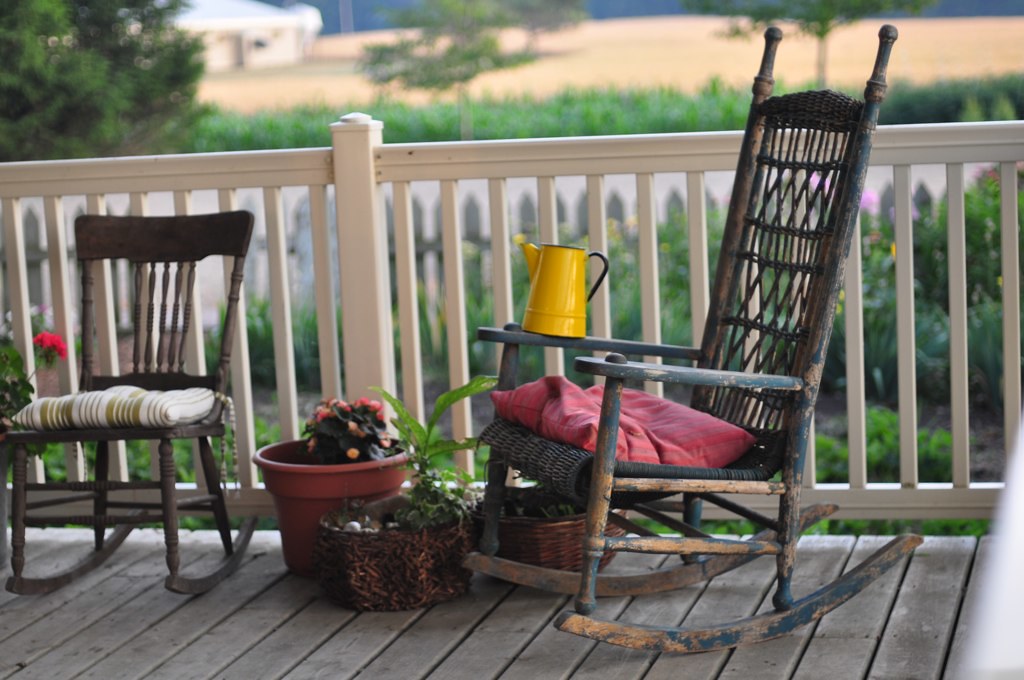
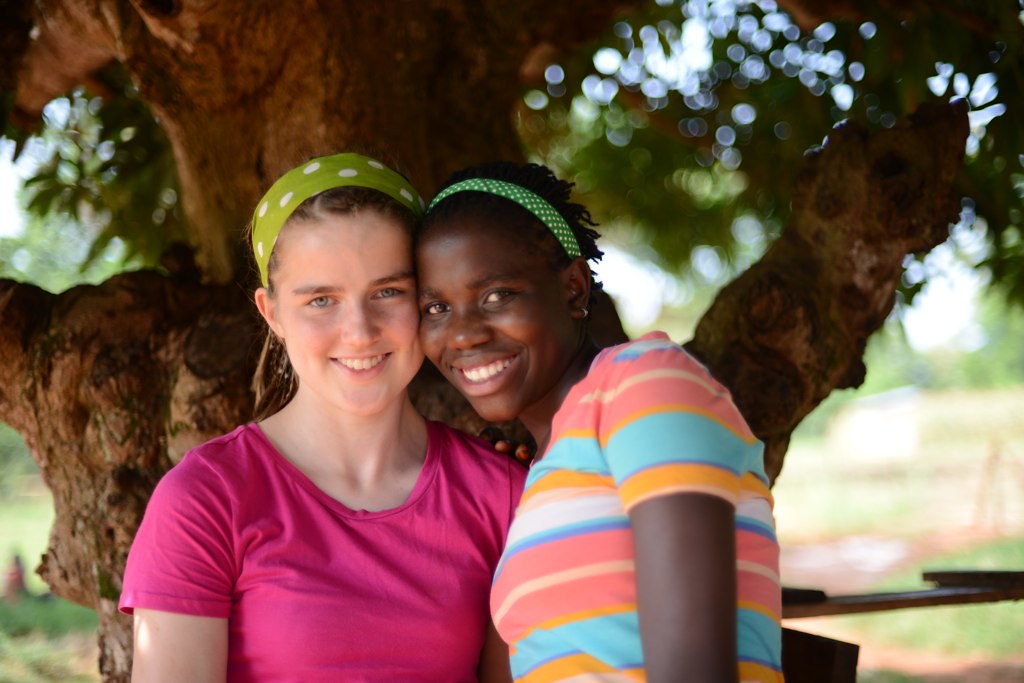
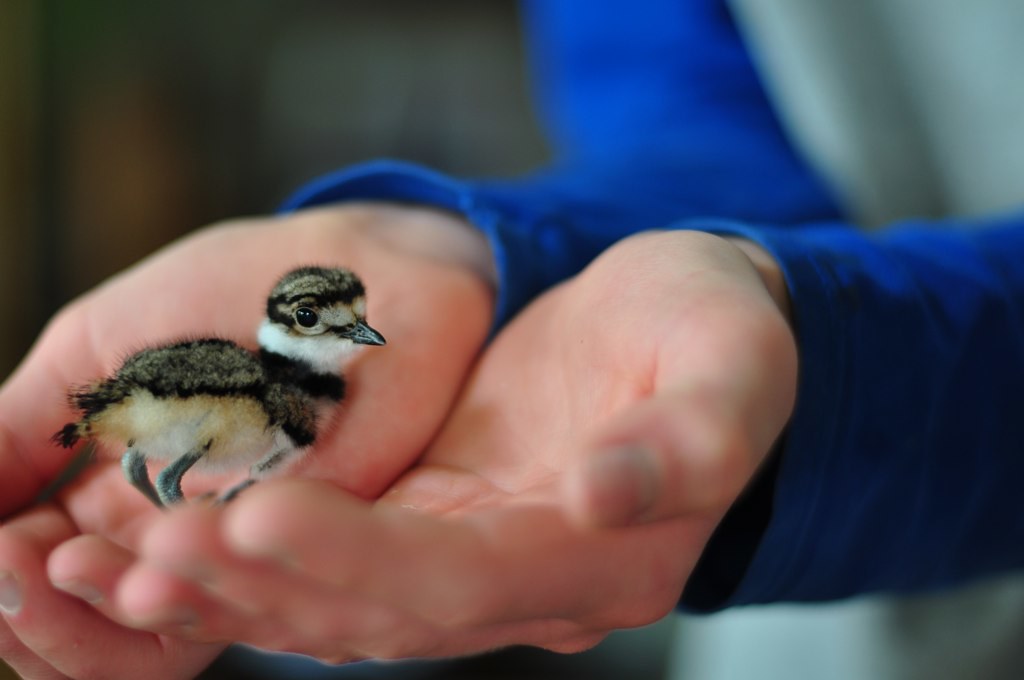
After my grandmother passed away, my grandfather came to live with us. He’d sit on the banquette in our kitchen, one leg crossed over the other, his right hand resting on our butcher block table.
Sometimes I’d pass through the kitchen on my way to somewhere else. Other times, I’d stand at the counter for a bit to talk with him. I often made him sardine sandwiches on white bread with mustard.
One afternoon, after I’d made the sandwich, I reached into the dishwasher to get a glass for some ice water. The dishwasher had just finished its cycle, so the glass in my hand was warm. Sitting at the kitchen table, my grandfather watched me from beneath his eyebrows.
“That glass is going to break,” he said to me as I dropped a few ice cubes into the glass. “No, it won’t,” I replied, with unfounded confidence.
Holding the glass in my hand, I turned on the tap at the kitchen sink and positioned the glass beneath a stream of cold water. Looking back, I imagine my grandfather silently counting beneath his breath, “One, two . . .” Bam!
Just as he’d predicted, the glass formed a deep crack, right there in my hand. The glass held together, but it was no longer good for a glass of iced tea.
I think, for a lot of us, the journey toward oneness and unity often feels like thermal shock to our souls and our hearts.
The stress of the work often feels like uneven pressure, causing us to shatter under the weight of it all.
Sometimes it’s not even the oneness journey that breaks us.
Sometimes the simple act of living through a regular day in our particular corner of this broken world creates its own brand of thermal shock in our lives.
Sometimes we break like the glass I held in my hand that day, without any collateral damage. Other times, we explode, just like that bowl that dropped in the pot of hot soup. Not only do we break, but we cause immense pain and damage to those around us.
Our Brokenness Is God’s Way In
We are brokenhearted people. And sometimes we get sloppy and wear our brokenness as a badge of honor, or we invoke our messiness as a reason for staying that way.
Consider this tale, a gift from the Hassidic tradition:
A disciple asks the rebbe: “Why does the Torah tell us to ‘place these words upon your hearts’? Why does it not tell us to place these holy words in our hearts?” The rebbe answers: “It is because as we are, our hearts are closed, and we cannot place the holy words in our hearts. So we place them on top of our hearts. And there they stay until, one day, the heart breaks and words fall in.”
If God’s going to get through to us, it’s often through our brokenness.
He makes His way in because of our brokenness. Through our brokenness—despite our brokenness—God transforms us.
Nothing is beyond God’s capacity, ability, or desire to redeem, restore, and reconcile.
This journey has no timetable.
Some tragic heartbreaks make restoration and reconciliation seem impossible and even undesirable.
But reconciliation is God’s gift to us, and to the human condition, even though it sometimes arrives through the pain of a broken heart.
Deidra Riggs is an author and speaker, and the visionary behind life-changing events for writers, artists, entrepreneurs, and other fabulous people who have an amazing dream. Through her engaging and relatable talks, practical and inspiring books, and first-class events, she works to cross cultural boundaries, build bridges with those who are different, and create more peace in the world while making it all feel like a fabulous celebration of life.
Jesus didn’t say the world would know we are His followers by our rhetoric, our political leanings, our charity work, or even by our knowledge of Scripture. He said the world would know us by our love for one another. Yet it’s so easy to put others at arm’s length, to lash out, to put up walls. In One, Deidra Riggs calls us to put our focus on self-preservation aside and, like Jesus, make the first move toward reconciliation. Anyone who longs for unity in the church, in their family, and in their community will find in this book both inspiring examples of loving done well and encouragement to begin the often unnoticed hard work of building bridges with those around them.
[ Our humble thanks to Baker for their partnership in today’s devotion ]

